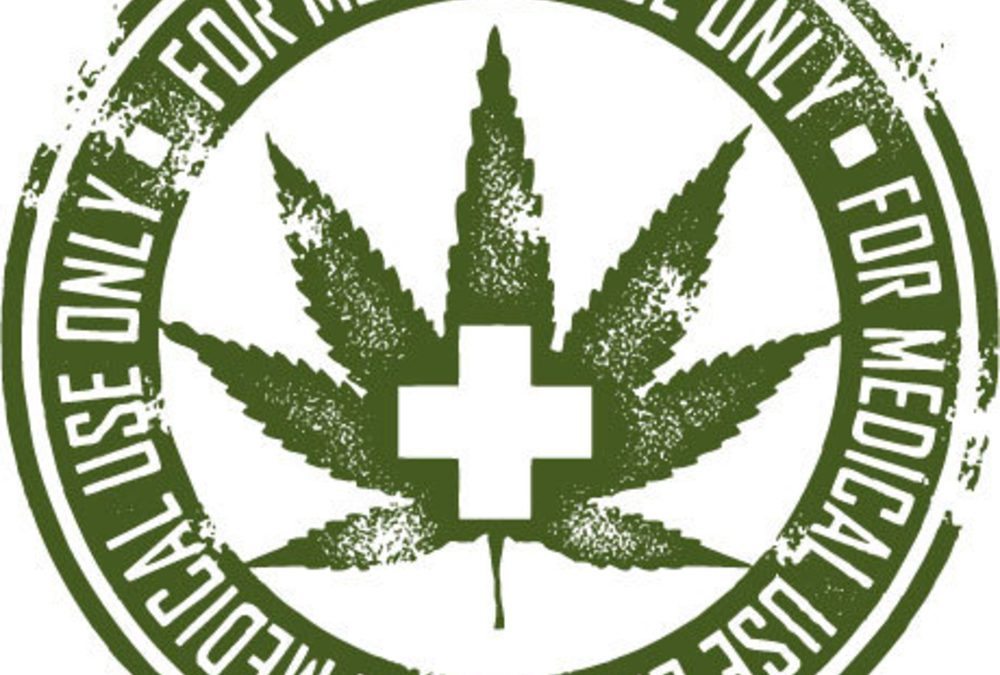The advent and continued growth of medical marijuana programs across the country has led to an unprecedented number of people interested in using cannabis therapeutically. However, the fact that cannabis remains classified as a Schedule I drug, and is still considered to be federally illegal in the United States, has undoubtedly pushed away many of those who may otherwise reap significant benefit from cannabis-based medicines.
Further, the advent of recreational legalization has led many to avoid the medical cannabis system citing privacy concerns and under pressure from the cannabis industry to “MacGyver” their health care in the name of personal autonomy.
Readers should rest assured that there is absolutely no need to worry about the ramifications of entering into or staying in their state’s medical marijuana program. Like any other record of your medical history, this information is protected by the Health Insurance Portability and Accountability Act, also commonly referred to as HIPAA.
Similarly, if we’re to take cannabis seriously as a medicine (and we do), then it makes no sense to take a DIY (Do It Yourself) approach without reference to professional guidance and scientific data.
Keep reading to learn more about HIPAA and the best way to get cannabis treatment.
HIPAA Mandates That All Medical Information Is Protected By Federal Law
Introduced in 1996 under the Clinton Administration, the Health Insurance Portability and Accountability Act (HIPAA) prohibits personal health information from being disclosed without a patient’s permission. HIPAA was enacted to prevent the release of confidential medical information, either accidentally or deliberately. Under HIPAA, all patient information is recognized as sensitive, and it is therefore unlawful to disclose any part of someone’s medical record without their explicit consent.
Like the rest of your medical records, the treatments decided on by you and the specialist who prescribes you cannabis-based medicines remain confidential and protected by law under HIPAA. This means that the appointments you have with these qualified physicians or nurse practitioners are no different than any other healthcare appointment. The private conversations you have with these medical professionals, and even the fact that you were ever prescribed medical marijuana, will never be disclosed to anyone without your explicit permission. HIPAA protects all information surrounding a patient’s medical history and their plan of care, and you will even have to give permission to your certifying medical cannabis specialist to share these records with your other physicians. In most cases, however, it is encouraged to allow your physicians access to all of your records so that they are able to offer you informed advice and ensure you receive the best quality of care.
Don’t Do It Yourself
There are a slew of benefits to state’s medical cannabis programs, including lack of taxation on medication, access to products reserved specifically for medical use, and preferred treatment at dispensaries like shorter lines and patient-only parking. More importantly, many states provide information on products purchased to practitioners that help them take care of you.
The overarching reason to stay in the medical system, however, is getting the care that you need. For illnesses that are more than a passing annoyance like the occasional headache, we generally don’t try to take care of these problems ourselves. Most of us aren’t seasoned medical professionals and cannabis specialists. Even seasoned practitioners seek their colleagues when ill because we recognize that we’re not objective about ourselves and tend to make anxiety-driven, not medically sound, decisions.
We certainly don’t ask for health care advice from the barista at Starbucks! The budtenders at the dispensary are essentially sales people, and are just not reliable and unbiased sources of health information. The concept of cannabis self-care is just an excuse to drive sales at the expense of patients, both in dollars and in time wasted, using personal autonomy as the rallying cry. True self-determination involves seeking trusted advisers to help you make informed and healthful decisions.
Consult with a Qualified Boston Medical Marijuana Expert Today
Ultimately, those considering using medical marijuana to help manage their condition should not be concerned that becoming a medical marijuana patient will lead to drastically fewer opportunities, or put them in any sort of legal jeopardy. Everyone considering using cannabis therapeutically is encouraged to seek out the guidance of a trained medical marijuana expert who can best guide them towards safe and effective cannabis use. Massachusetts medical marijuana doctor Jordan Tishler, M.D. sits on the faculty of Harvard Medical School and has years of experience helping patients treat pain and other ailments using cannabis. He and the team at InhaleMD stand ready to assist patients in determining whether medical marijuana is right for them. If you would like to set up a virtual consultation with Dr. Tishler or the team at InhaleMD, call us at (617) 477-8886 today.

